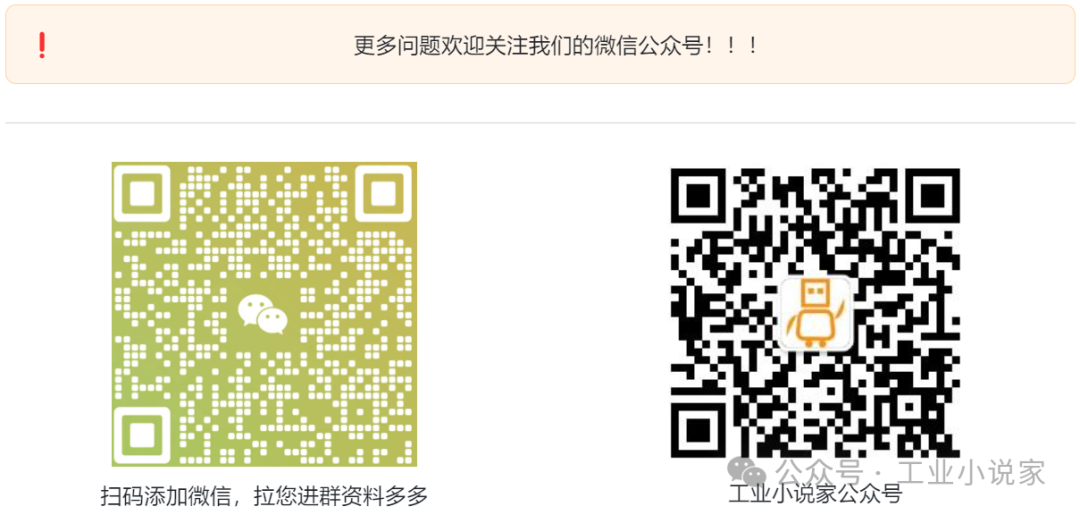
Click the blue text | Follow me
Hello! I am glad to have you follow the Industrial Novelist and watch videos here. Our platform offers a variety of video tutorials, starting from July 8, 2023, we have been updating every week on Mondays, Wednesdays, Fridays, Saturdays, and Sundays, aiming to provide more complete, systematic, and structured videos for everyone.
In the book “Precision Learning” by Stanislas Dehaene, learning is defined in seven ways, which I share with you.
-
Learning is adjusting the parameters of mental models: In the process of recalibrating through trial and error, what we do in our minds is similar to what a hunter does to adjust the scope of his rifle: he adjusts his scope through test shots to accurately aim at his prey. This type of learning is very fast; a few attempts are enough to correct the deviation between vision and action.
-
Learning utilizes combinatorial explosion: When you combine a very small number of possibilities, the number of parameters grows exponentially.
-
Learning minimizes errors: Moving the rifle’s scope in the most effective direction to reduce the probability of making mistakes.
-
Learning explores various possibilities: Random exploration, curiosity generated randomly, and frequent neuronal discharges all play important roles in human learning.
-
Learning is an optimized reward function: It is reasonable to view the brain as a collection of cooperating and competing experts.
-
Learning limits the search space: Simplifying models is one of the most effective interventions to accelerate learning and improve generalization ability.
-
Learning projects prior assumptions: Learning always starts from a set of prior assumptions!
>>>>>>👇 The video is here 👇>>>>>>
This series of tutorials is an original course by the Industrial Novelist. Reply “e5cw” in the background to obtain course materials and source code. Unauthorized copying, dissemination, alteration, or commercial use in any form is prohibited without written permission from the copyright holder.
For more tutorial videos, please follow the WV public account: Industrial Novelist.
No matter what industry or field, the most effective way to improve performance and level follows a series of universal principles. We name this universal method “deliberate practice”
—— Anders Ericsson, “Deliberate Practice”
In fact, changes in knowledge structure also change the form and nature of knowledge. When knowledge becomes networked, the smartest person in the room is no longer the one standing at the front teaching us, nor the collective wisdom of everyone in the room. The smartest person in the room is the room itself: the network that accommodates all the people and thoughts within it and connects them to the outside world.
—— David Weinberger, “The Boundaries of Knowledge”
Habits are difficult to change because they are self-reinforcing— the more you use them, the stronger they become, and the stronger they become, the more you use them. The best way to break out of existing habits is not to rely on willpower, but on knowledge.
—— Zhou Ling, “Cognitive Awakening”
Previous Recommendations ·
-
Original video course by Industrial Novelist: Robot Control Special.
-
Original text course by Industrial Novelist: Series of Tutorials on Unmanned Vehicle Modeling.
-
Original text course by Industrial Novelist: Series of Tutorials on Robot Control.
-
Original video course by Industrial Novelist: Deployment of PX4 1.14.0 Software Environment Based on WSL 2.
-
Original text course by Industrial Novelist: Introduction to PX4 Software System and Source Code Framework Analysis.
-
Tutorial on Kinematics Analysis of Robotic Arms Based on RoboticsToolboxPy。
-
“Robot Systems” Kris Hauser Tutorial。
-
MATLAB Robotics Toolbox (RTB)。
-
[YouTube Transfer] ROS Beginner’s Tutorial for Building Robots.
-
[YouTube Transfer] PX4_2023 Developer Summit Video.
-
[YouTube Transfer] Autonomous Navigation Series Tutorial.

